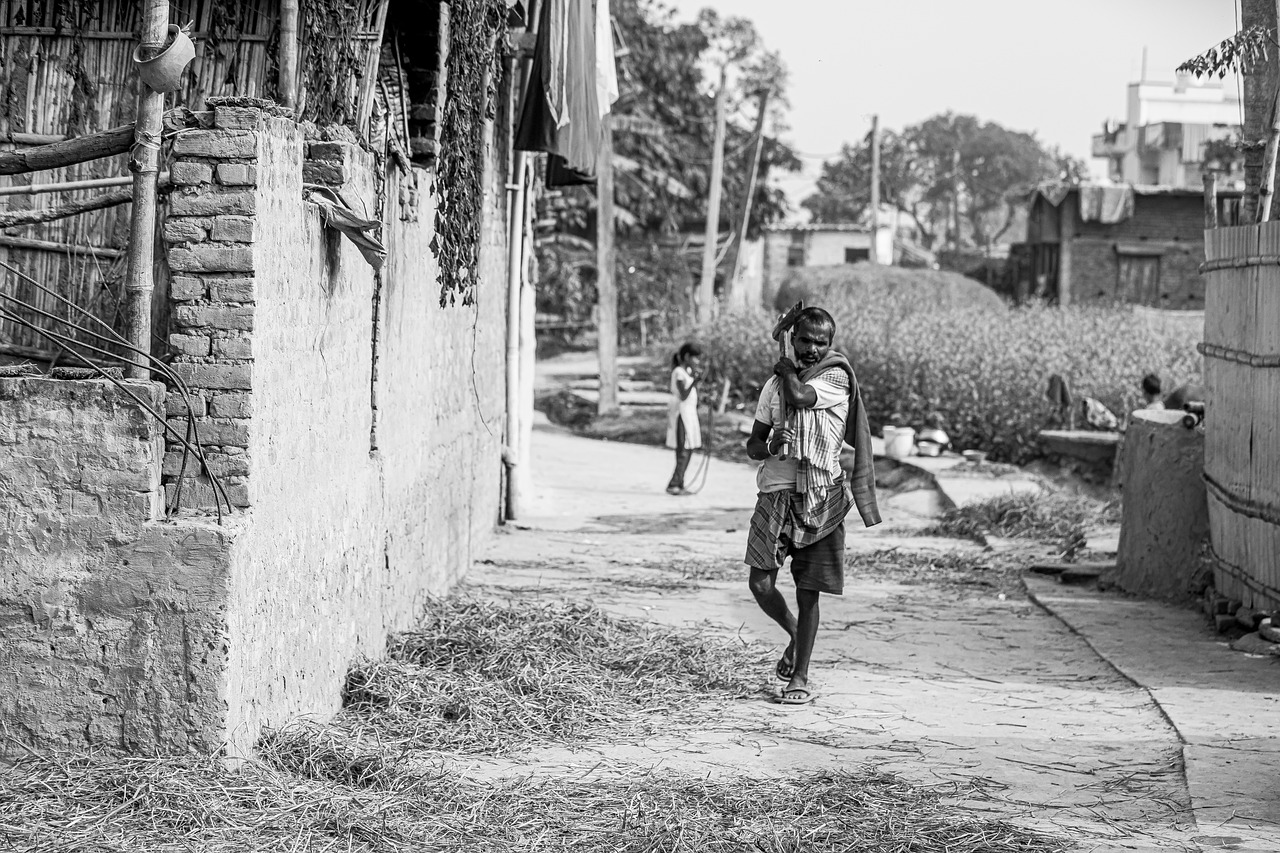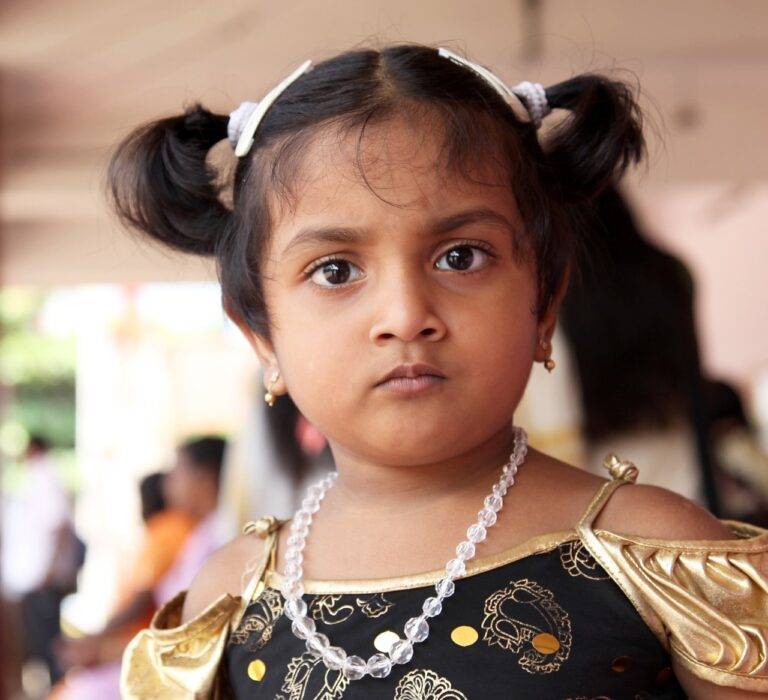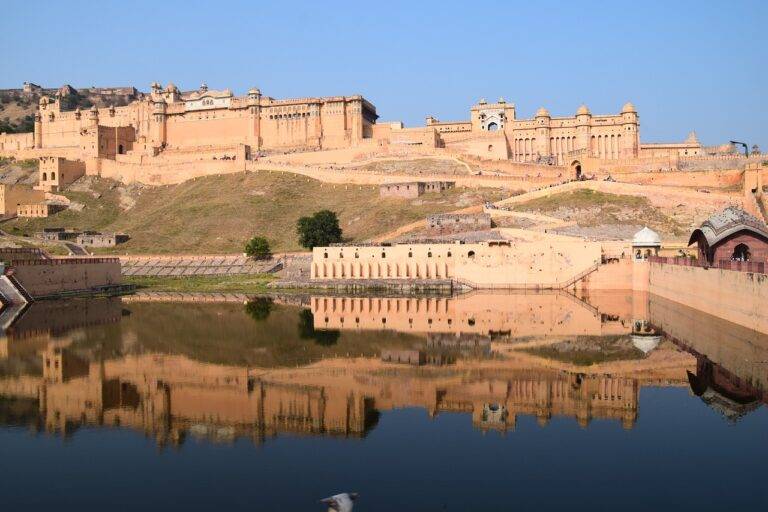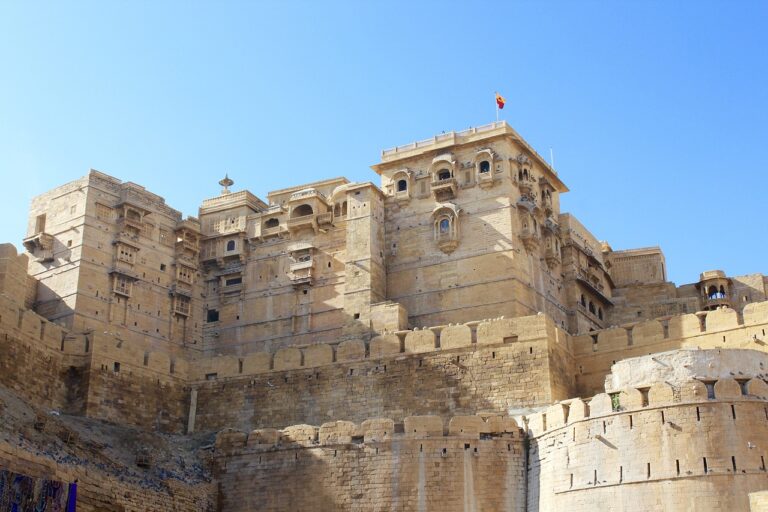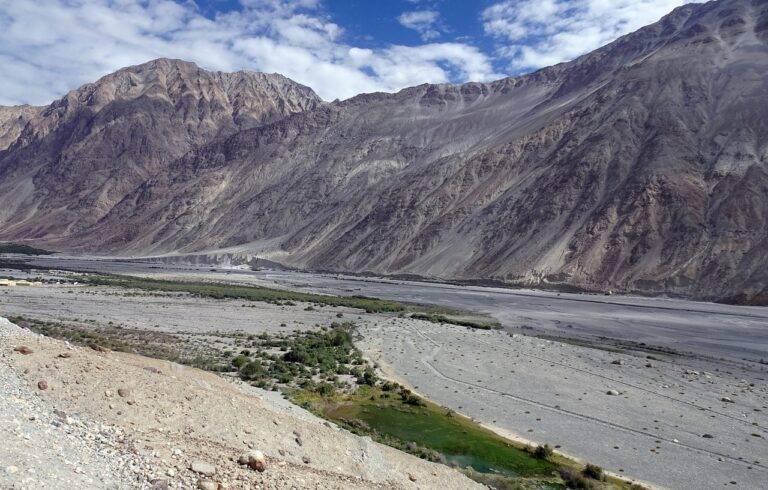Analyzing the Impact of International Criminal Justice on Elections
silverexch com, goldenexch create account, betbook247 com login:Analyzing the Impact of International Criminal Justice on Elections
In today’s globalized world, international criminal justice plays a crucial role in holding individuals accountable for war crimes, crimes against humanity, and genocide. The International Criminal Court (ICC) and other international tribunals have the mandate to prosecute those responsible for such atrocities, regardless of their position or status. But how does the work of these institutions impact elections around the world?
1. Upholding Human Rights
International criminal justice helps uphold human rights and promote accountability. By prosecuting individuals responsible for heinous crimes, these institutions send a strong message that such actions will not go unpunished. This can have a ripple effect on elections, as voters may be more inclined to support candidates who prioritize human rights and justice.
2. Deterrence
The work of international criminal justice can act as a deterrent for individuals who may be considering committing similar crimes. Knowing that there are consequences for their actions, perpetrators may think twice before engaging in unlawful activities. This can create a more stable and safe environment for elections to take place.
3. Transitional Justice
In post-conflict societies, international criminal justice plays a key role in promoting transitional justice. By addressing past atrocities and holding perpetrators accountable, these institutions can help facilitate reconciliation and healing. This can have a positive impact on elections by fostering trust in the electoral process and promoting social cohesion.
4. International Cooperation
International criminal justice relies on cooperation between countries to be effective. This can foster stronger diplomatic ties and promote collaboration on other issues, including elections. By working together to bring justice to victims of crimes, countries can build trust and establish a framework for future cooperation.
5. Political Fallout
However, the impact of international criminal justice on elections is not always straightforward. In some cases, prosecutions of high-ranking officials or political leaders can lead to political upheaval and instability. This can create challenges for the electoral process and may hinder efforts to promote democracy and good governance.
6. Polarization
Furthermore, the work of international criminal justice can sometimes exacerbate existing tensions and divisions within societies. In cases where prosecutions are perceived as biased or unfair, it can fuel political polarization and undermine the credibility of the electoral process. It is essential for these institutions to maintain impartiality and transparency in order to avoid exacerbating societal divisions.
In conclusion, the impact of international criminal justice on elections is a complex and multifaceted issue. While it can help uphold human rights, promote accountability, and deter future crimes, it can also lead to political fallout, polarization, and challenges for the electoral process. It is essential for these institutions to balance their mandate of justice with the need to respect national sovereignty and support the development of democratic institutions.
FAQs
Q: How does the ICC decide which cases to prosecute?
A: The ICC prosecutor conducts preliminary examinations to determine whether there is enough evidence to proceed with an investigation. The ICC focuses on cases involving war crimes, crimes against humanity, and genocide.
Q: What is the relationship between the ICC and national courts?
A: The ICC is a court of last resort and only intervenes when national courts are unable or unwilling to prosecute individuals for international crimes. It works in conjunction with national courts to promote justice and accountability.
Q: How does the ICC enforce its decisions?
A: The ICC does not have its own police force, so it relies on cooperation from member states to arrest individuals indicted by the court. If a country refuses to cooperate, the ICC can refer the matter to the United Nations Security Council for action.
Q: Can the ICC prosecute sitting heads of state?
A: Yes, the ICC has the authority to prosecute sitting heads of state for international crimes. However, it can be challenging to arrest and prosecute individuals with diplomatic immunity or who have significant political power.
Q: How does the ICC engage with victims of crimes?
A: The ICC has established a Trust Fund for Victims to provide reparations and support to those affected by crimes within its jurisdiction. Victims can participate in court proceedings and seek justice for the atrocities they have endured.

